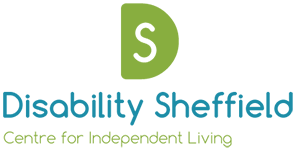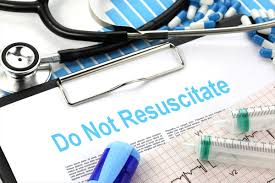More than 500 disabled and elderly people may have had their human rights breached during the coronavirus pandemic due to the imposition of Do Not Attempt Resuscitation (DNAR) orders on them without their permission.
Research by the Care Quality Commission has shown that since March 17 last year there have been 508 cases where DNAR decisions about people have been made without their consent, or that of relatives or carers. Almost a third or these orders were still in place in December.
The report, Protect, respect, connect – decisions about living and dying well during COVID-19 says that doctors assumed elderly and disabled people were not capable of discussing how they should be treated and as a consequence, do not attempt resuscitation orders were applied at a higher rate for disabled and elderly people in the early part of the pandemic amid fears that Covid cases would overwhelm the NHS.
They also also found a “worrying picture” of poor involvement of people using services, poor record keeping, and a lack of oversight and scrutiny of the decisions being made.
The CQC is now calling for improvements to care planning and has recommended that a ministerial oversight group be created to work with health and care providers, local government and the voluntary sector.
The British Institute of Human Rights has responded, saying: “We welcome the CQC’s report. It is terrible that this report is needed, but recognising and naming DNAR decision-making as a human rights issue is important. Involvement and non-discrimination in DNAR decision-making is not simply a matter of good practice, it is the law.”
Fazilet Hadi: Head of Policy at Disability Rights UK added: “This report is extremely important. It reveals that behind the issue of blanket DNAR notices lies the deeper and more fundamental issue of systemic discrimination against disabled and older people within the NHS. During this pandemic, it has often felt like disabled people’s lives aren’t valued equally and unfortunately this report shows this to be the case. The NHS and professional health bodies, need to take urgent action to challenge negative attitudes and poor processes, which are putting our health and our lives at risk.”





